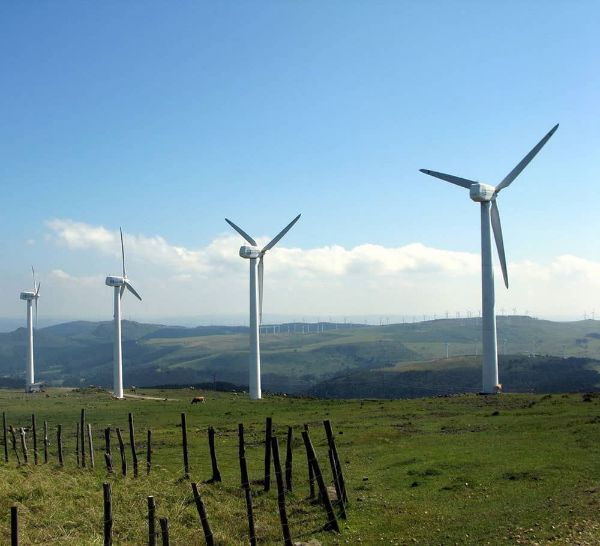Bathrooms are traditionally the smallest rooms in the home, but in terms of energy consumption a bathroom is right up there near the top of the list. Nearly a quarter of our energy consumption goes towards heating water for showers, baths, and sinks. This is bad for our pockets and the environment, so it is important to look at ways to save energy, so your cash isn’t disappearing down the drain on a daily basis.
There are many ways to save energy in the bathroom. Some are fairly obvious, but others may not have occurred to you, so check out the following list and see how many you can implement in your home.
Reduce Water Consumption
Water wastage is a big problem in many households. Because water is viewed as an infinite resource, we are all guilty of leaving the tap running when we brush our teeth, or ignoring a dripping tap for weeks because it is a hassle to fix the problem.
The problem is, a dripping hot tap could be wasting thousands of litres of water every year, not to mention the fact that your boiler is heating water unnecessarily. It isn’t a huge job to fix a dripping tap, but if it is beyond your DIY skills, call in a plumber.
Swap the Bath for a Shower
Nothing beats a long, leisurely soak in a hot bath. It’s blissful to lie there for thirty minutes or more, relaxing and thinking about nothing in particular. Unfortunately, a daily bath uses an awful lot of water – as much as three times the amount of water used by a shower. Modern showers are more economical to run, so if you are looking to reduce your energy consumption, it is sensible to skip the bath and have a quick shower instead.
Water efficient shower heads can reduce water and energy consumption, but they are only suitable for power showers and mixer showers.
Speaking of showers, do you really need to have a shower twice a day? Personal hygiene is important, but some people take it a bit too far. It’s perfectly understandable that you would want a shower after a gym session or hot, sweaty day at work, but showering too often is bad for us. As your grandma probably used to say: a little bit of dirt never killed anyone!
Heat and Ventilation
Heat and ventilation are very important in a bathroom. If the bathroom is too cold, moisture in the air can’t evaporate and over time mould and mildew form. Ventilation will allow moist air to escape, but leaving the window open all day during winter is unproductive, as it will take a lot more energy to heat the room back up in the evening.
Ideally, you need to make sure you have sufficient heating installed in your bathroom. A radiator plus a heated towel rail is best, but in a small room, a heated towel rail on its own will provide enough heat to keep the room warm and your towels dry.
In the summer, open the windows and let the steam escape naturally. In the winter, open the window for a few minutes to allow the room to ventilate, and then close it again.
Fit a Modern Bathroom Suite
If your bathroom is old and dated, it could be worth replacing it with an energy efficient new one. A smaller bath will reduce the amount of water you use and fitting a dual flush toilet will save around 16,000 litres of water every year. Alternatively, try inserting a brick in the cistern, as this will also reduce water consumption.
Making a few changes to your bathroom will save lots of energy, so give it a try and let us know how you get on!


